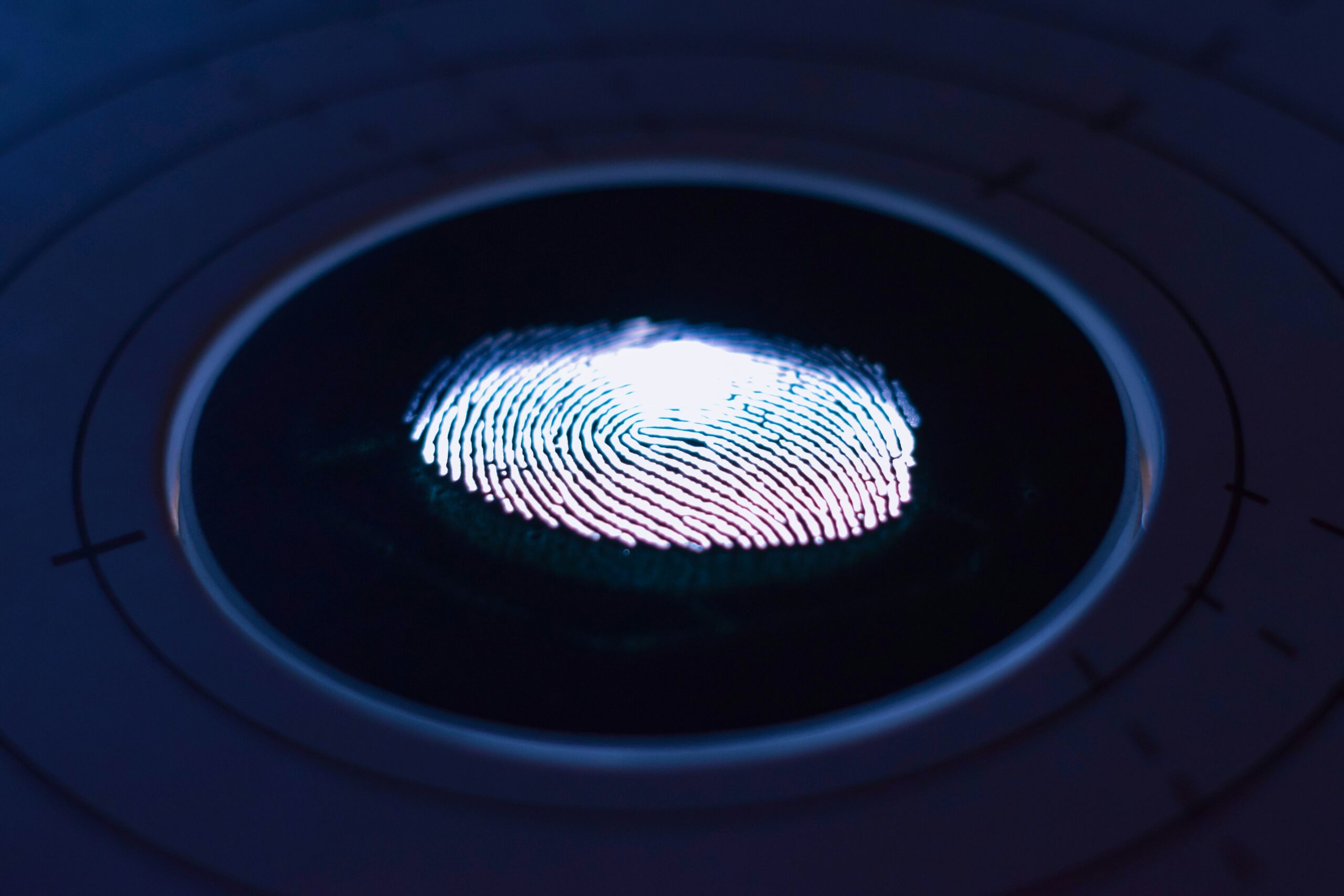Gone are the days when tattoos were simply artistic expressions.
The future holds a canvas where body art seamlessly blends with functionality, giving rise to the intriguing world of biometric tattoos.
These aren’t your typical butterflies and dragons; they’re embedded with tiny sensors or bio-reactive inks capable of collecting and transmitting a wealth of data about your body, transforming your skin into a miniaturized health monitor, payment system, and even an identity key.
Imagine a tattoo that tracks your heart rate as you exercise, detects rising stress levels through sweat analysis, or even sends an alert if your blood sugar spikes. Biometric tattoos hold the potential to revolutionize healthcare, offering continuous monitoring for chronic conditions, real-time feedback during workouts, and personalized coaching based on your unique biometrics.
But the applications don’t stop there. Picture accessing your gym with a simple scan of your tattoo, paying for groceries with a tap on your arm, or securely unlocking your phone with a unique design. Biometric tattoos could usher in an era of seamless security and convenient identification, potentially replacing passwords and keycards.
This futuristic vision, however, comes with its fair share of challenges. Miniaturizing sensors for comfortable, long-term wear and ensuring their biocompatibility are crucial hurdles. Data security and privacy concerns loom large, raising questions about potential misuse of personal information and unauthorized access. Additionally, not everyone is comfortable with the idea of permanent tattoos intertwined with technology, and the ethical implications of potential discrimination or stigmatization based on biometric data need careful consideration.
Despite the challenges, the potential of biometric tattoos is undeniable. As technology evolves and societal concerns are addressed, these innovative tattoos could become an integral part of our lives, blurring the lines between fashion, healthcare, and technology.
Whether they become mainstream or remain a niche phenomenon, one thing is certain: the rise of biometric tattoos marks an exciting chapter in the ever-evolving story of our relationship with technology and our own bodies.



